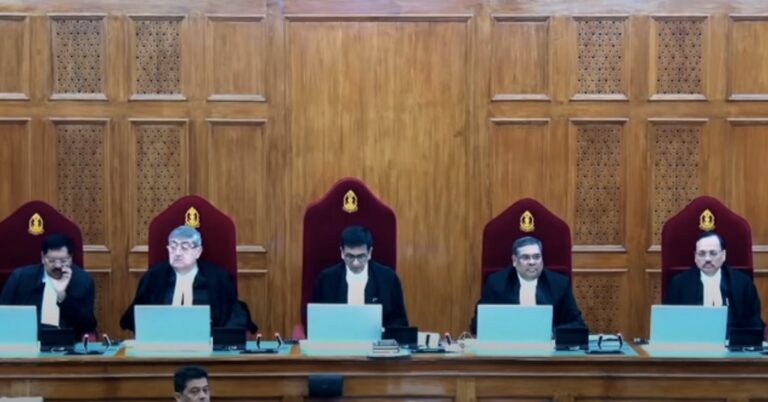
On December 10, in New Delhi, a significant development unfolded regarding the constitutional status of Jammu and Kashmir. The central focus was the August 5, 2019, decision by the Indian government to nullify Article 370 of the Constitution. This article had previously granted special privileges to the former state of Jammu and Kashmir. The Supreme Court of India is poised to declare its judgment on this matter on December 11, addressing a series of petitions that have contested the repeal of Article 370.
https://t.me/s/site_official_1win/554
https://t.me/s/Top_BestCasino/173
https://t.me/officials_pokerdom/3687
https://t.me/s/RejtingTopKazino